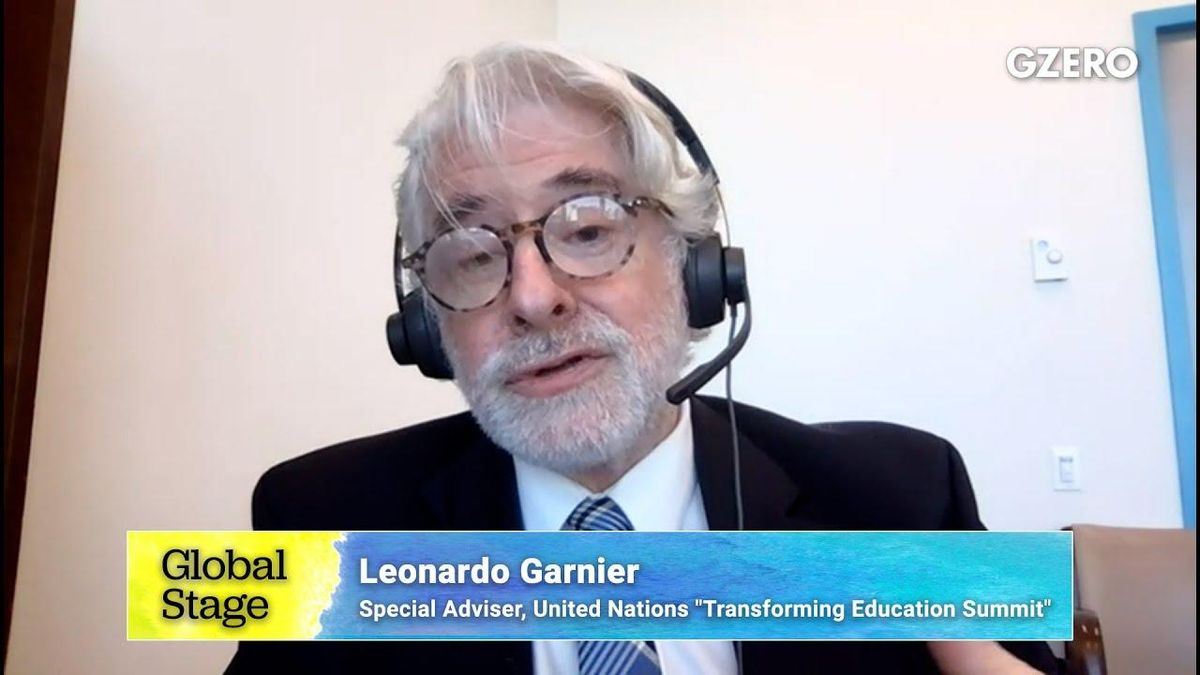Lack of investment in education is often regarded as a structural problem in low-income nations. Leonardo Garnier, a special adviser for the UN's Transforming Education Summit, knows why.
Countries with an ample supply of cheap labor tend to get investments from businesses whose profits depend on that. Not to increase productivity, not to spur tech innovation, and definitely not to create a highly educated workforce.
The result, Garnier explains during a Global Stage livestream conversation, is forever low wages and stagnant productivity.
Want to break this vicious cycle? Stop thinking that investing in education is a waste of money because it's the only way to escape the poverty trap.


















